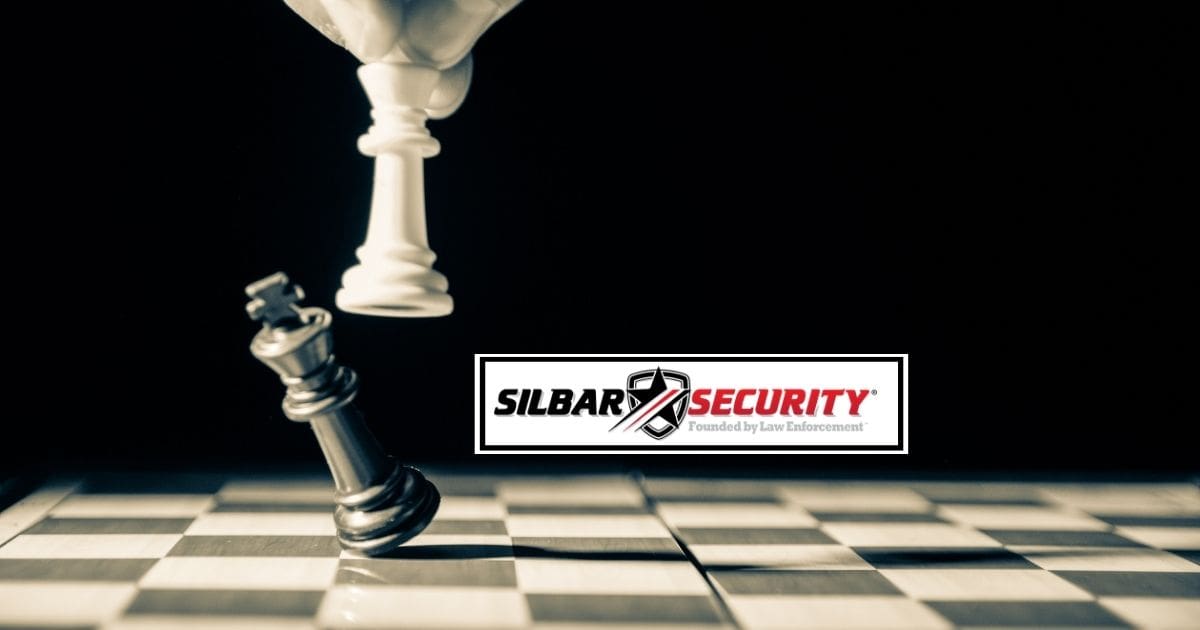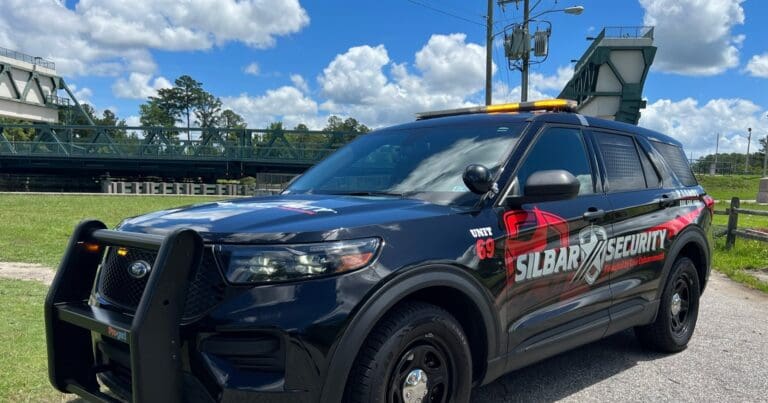As the host or sponsors of an event, the security and safety of your guests, staff, and venue should be at the top of your priorities. A critical responsibility of security professionals is planning to minimize risk and ensure no corners are cut at events. In collaboration with security professionals, event hosts should maintain a clear outline and understanding of the underlying risks. Keeping on top of these risks is essential to mitigate the potential for unfavorable scenarios, and knowing how to respond to them is the best way to keep events safe for everyone. There are many details to cover regarding event security and risk management. It can be overwhelming for newer event planners to think about these preparations, but we’re here to assist and inform.
Let’s uncover the three tips for event managers to run a safe and secure event.
Have A Plan
Prevention and preparation are the first and best steps toward risk management at an event. Anyone planning a large-scale gathering should perform a risk assessment of the specific location and venue to understand what has the potential to go wrong and make clear plans to reduce those risks. Based on the risk assessment, create and distribute a comprehensive risk management outline that assigns clear responsibilities to staff and contact points in advance of and during the event.
It is also important to contact the local authorities to ensure your plans clear their standards, to open the lines of communication, and to have positive and quick responsiveness if you need their support.
A few risks to look out for include;
1. Weak or easily crossed gates, walls, or fencing.
2. Low ratio of staff to attendees
3. Valuables in unsecured locations (equipment, technology, etc.)
See our previous post for a more detailed list of common event security risks.
Know The Possibilities
A few of the most common risk possibilities include violence, trespassing, theft, electrical problems, and fires. By having an evacuation plan, operating in ADA compliance, and knowing clear crisis communication, you can help avoid these issues and mitigate the fallout if one of those comes into play.
Event insurance is also essential to protect you if something goes wrong. In many cases, such insurance as the event sponsor will be legally required. Also, consider the possibility of non-physical threats, such as virtual data security and cyberhacking, and plan accordingly.
Hire Professionals
In the end, no matter how prepared you are, there is still a possibility that something can go wrong. Hiring a professional security company to operate at your event is the best way to ensure that things go as smoothly as possible and to have your bases covered if something unexpected does happen. Professional security companies have the knowledge and resources to ensure that all risks and details are accounted for and can remove much stress from you as the host!
Conclusion
Using these three strategies in conjunction with security professionals is an effective way to minimize your risk and plan for issues at events. Ensuring you can protect yourself, and your guests, and host a fantastic event for everyone to enjoy.







